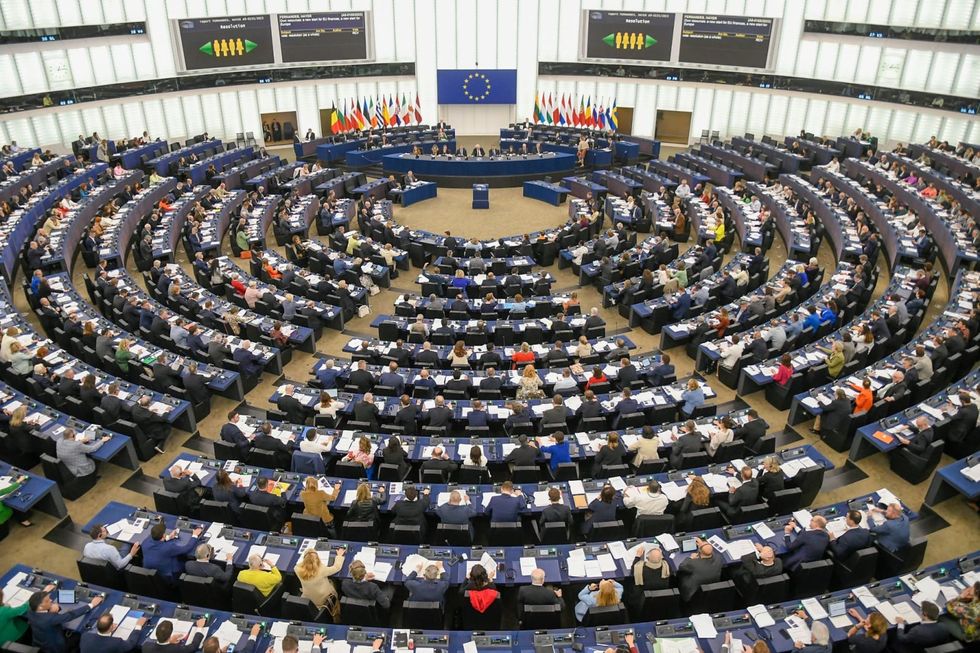Impact of New EU Regulation on Forced Labor
EU Takes Bold Steps Against Forced Labor
In a groundbreaking move, European Union lawmakers have come together to outline a new regulation aimed at banning products made with forced labor. This decision, made in the wee hours of Tuesday morning, marks a significant step towards combating modern-day slavery and exploitation in the production supply chain.
What Does the Draft Law Entail?
The draft law, once implemented, will require member states to conduct thorough investigations into products that are suspected to have been made using forced labor. This includes products that are both imported into the EU and those that are manufactured within its borders.
If a member state’s investigators find evidence that a product was indeed produced using forced labor, a unanimous decision will be made to ban the sale, import, and export of that product across all 27 EU countries.
How Will This Affect Me?
As a consumer in the EU, this new regulation will provide you with greater assurance that the products you purchase have been ethically produced. By banning goods made with forced labor, the EU is sending a strong message that human rights violations will not be tolerated within its borders.
Businesses operating within the EU will also be impacted, as they will need to ensure that their supply chains are free from forced labor. This may lead to increased transparency and accountability in the manufacturing process.
Global Implications of the Regulation
The EU’s stance against forced labor is likely to have ripple effects across the globe. By taking a strong stance on ethical sourcing, other countries and regions may be prompted to follow suit and implement similar regulations to combat modern-day slavery.
Moreover, by banning products made with forced labor, the EU is setting a new standard for ethical business practices. This could influence companies worldwide to prioritize human rights and fair labor practices in their operations.
Conclusion
The new EU regulation on forced labor is a significant milestone in the fight against modern-day slavery. With this bold move, the EU is leading the way in promoting ethical sourcing practices and standing up against human rights abuses. As consumers, businesses, and global citizens, we must support this initiative and work towards a more just and fair world for all.





